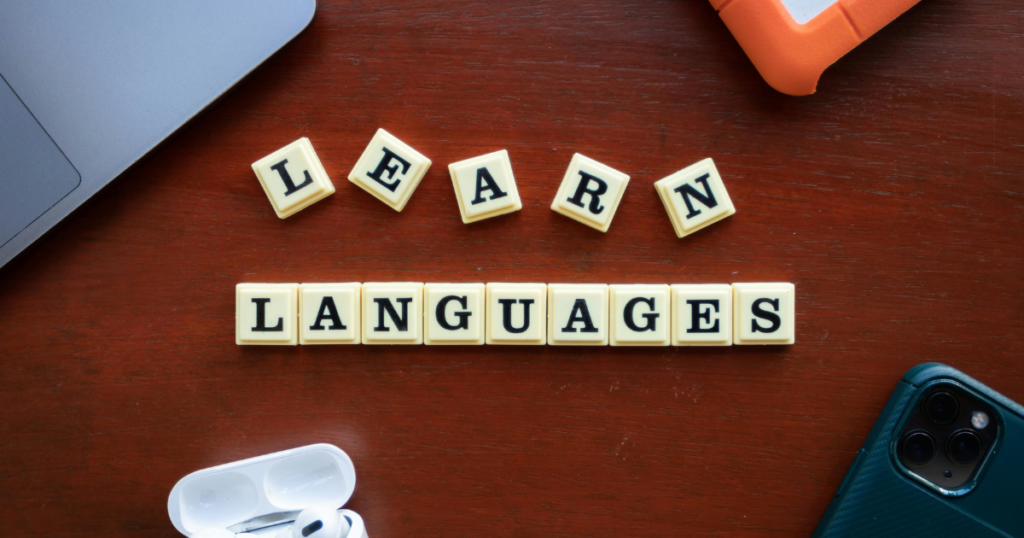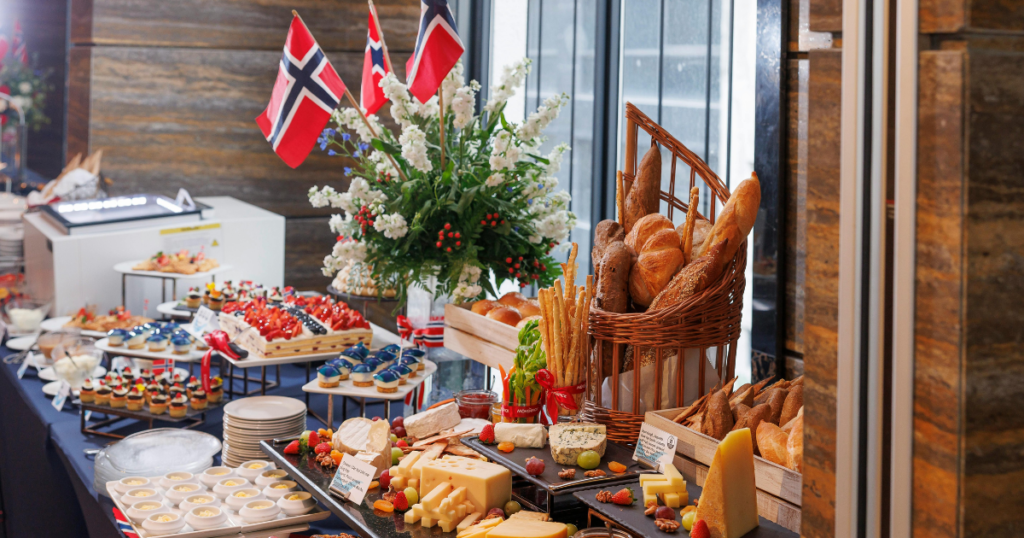Are you wondering how to integrate locally in Norway? Learn with real expat tips! Avoid common mistakes, understand Norwegian culture, and build genuine friendshipsWhen I first moved to Norway, I thought integration meant learning a few Norwegian words and dressing for the weather. I was wrong.
It’s not just about speaking the language or eating brunost (brown cheese). It’s about understanding how Norwegians think, what they value, and how they quietly welcome you once they trust you.
If you’re new here — maybe for work, studies, or love — this guide will help you adapt to Norwegian culture, avoid common expat mistakes, and slowly feel at home in one of the world’s calmest yet most fascinating countries.
I had culture shock when I first moved here. I came when it’s winter; all I see is white, dark, and cold weather. People mind their own business, take the public transportation, and go to work. I felt like I was not going to survive in this kind of environment. It took me quite some time to adapt to the Norwegian way of living, culture, and everything.
I hope this article will help you, especially when you are new and feeling like you don’t belong. Trust me, you will—it just takes some time and an understanding of Norwegian culture and living.
🌿 Why Integrating in Norway Matters
Many foreigners say the same thing at first: “Norwegians are polite but distant.” That can be true — but it’s not coldness; it’s cultural respect for space and independence. Once you learn how things work here, you’ll realize that Norwegians are incredibly kind, loyal, and reliable friends.
Integration goes far beyond surviving winter or figuring out grocery stores. It’s about belonging — joining conversations at work, sharing moments at local cafés, or being invited to someone’s cabin (hytte).
Those who integrate well usually:
- Build stronger local friendships
- Find better job opportunities
- Feel happier and more settled
- Understand the rhythm of life here — slower, balanced, and deeply connected to nature
🚫 Common Mistakes Expats Make in Norway
1. Only Socializing with Other Expats
It’s easy to stay within international circles — especially in Oslo or Bergen — but doing so can keep you isolated from real Norwegian life.
Join a local club, attend community events, or simply start small talk at work. Norwegians might not approach first, but they appreciate effort.
2. Avoiding the Norwegian Language

You don’t have to be fluent to fit in, but showing that you’re learning opens many doors.
Start with daily words — takk (thank you), ha det bra (bye), kos deg (enjoy).
Download Duolingo or take free municipal courses. Even a few phrases can make Norwegians instantly more comfortable around you.
Norwegian language is very important when looking for a job. Of course, just like any other country, you, as a foreigner, are expected to learn the culture and language people speak in the place you are going to.
As per experience, when I didn’t know the language yet, I felt like “I don’t belong”, but after learning the language and being able to communicate, then there’s a sense of “now I belong”.
3. Misunderstanding Norwegian Silence
Silence in Norway isn’t awkward; it’s comfortable. People here value peace and space.
A bus ride might be completely quiet, and that’s perfectly normal. Respecting that space is part of the culture — and eventually, you’ll learn to enjoy it too.
Silence may mean something different in other cultures, but the point is: if you are going to live in Norway, understand Norwegian culture.
4. Ignoring Local Traditions and Seasons
From Constitution Day on May 17th and dugnad (neighborhood clean-ups), these events are the heartbeat of local life.
Even if you don’t understand everything, participate. Helping out during dugnad or dressing up for 17. Mai shows you care about the community.
When I first heard of “dugnad” (voluntarily helping) it reminded me of the culture we have in the Philippines, we have the so called “bayanihan” which means “communal unity and cooperation”. And of course, I did my part at the “dugnad”.
5. Expecting Instant Friendships
Norwegians don’t make friends quickly — but when they do, those friendships last for years.
You’ll likely start with small steps: a chat at work, a hiking trip, or an invite for coffee.
Be patient; friendship here is about consistency, not speed.
🌤️ How to Build Genuine Connections in Norway

Join Outdoor Activities (Friluftsliv)
The Norwegian concept of friluftsliv means “open-air living.” It’s not a trend; it’s a lifestyle.
Join hiking, skiing, or kayaking groups on Facebook or Meetup. Being outdoors breaks the ice faster than any bar conversation.
This is also a good oppurtunity for migrants to learn Norwegian language and culture. It is one way of intigrating in the society.
Volunteer or Attend Local Events
Volunteering connects you with locals who share your interests. Try:
- Røde Kors (Red Cross) community programs
- Local libraries hosting reading circles or language cafés
- Turistforeningen (DNT) for outdoor volunteer work
As mentioned erliear, attending these events will help you as an immigrant understand Norwegian culture and also a way to learn and practice Norwegian language.
I still remember when i volunteered (frivillig) at a local center of the elderly, their I was able to speak and practice a bit of my Norwegian skills when I was new here. The elderlies at the local center are very kind and helpful in helping me understand and speak Norwegian. This small things helps, I get to learn new words and say simple sentences everyday.
Check events at the library too, they have language cafe’s, its nice to meet and talk to new people who are also in the mission of learning and integrating in the community.
Join a Sports Club or Hobby Group
Whether it’s yoga, football, or knitting, local clubs (idrettslag) are social hubs. Sports aren’t only for competition — they’re part of the community’s identity. Every “bydel” (district) has their own idrettslag or clubs. Check the community you are in.
Learn Norwegian Gradually but Consistently
Most locals speak English, but showing effort in Norwegian builds respect. You need to speak the language if you are planning to have work inlign with your profession. Some sectors or professions require a level of Norwegian profeciency before applying and working on that specific sector. Which is understandable, if you want to work as a nurse, doctor, and the like, then you need to pass a certain level of Norwegian language profeciency.
Try listening to local podcasts or watching Norwegian shows with subtitles.
Embrace Dugnad — Norway’s Secret to Community
Dugnad means volunteering together to clean or maintain shared spaces — schools, housing areas, or parks.
It might seem small, but showing up for dugnad is a sign you belong. It’s also where neighbors truly talk.
💼 Understanding Norwegian Work Culture

Norwegian workplaces run on trust and equality. Titles matter less than teamwork.
Here’s what you’ll notice:
- Managers act more like coordinators than bosses.
- People value punctuality and honesty over long hours.
- Lunch is short (30 minutes), but coffee breaks are sacred.
- Taking all your vacation days isn’t lazy — it’s expected.
Work-life balance is part of the social contract here. Being reliable, respectful, and collaborative speaks louder than self-promotion.
🗣️ How Norwegians Communicate
Norwegians are direct but polite. They mean what they say — and rarely add small talk.
If someone says, “We should grab coffee sometime,” they mean it. If they don’t, they won’t say it.
Honesty and modesty are key values here; bragging or interrupting often comes across as rude.
They also value personal space and nobody minds quiet moments.
🧥 How to Blend In Naturally
- Dress practically. Norwegians love quality outdoor gear — rain jackets, wool sweaters, waterproof boots.
- Be punctual. If you have appoinments, you are expected to arrive atleast 15 or 10 minures early.
- Respect privacy. Don’t ask personal questions right away.
- Value nature. Weekend hikes, cabins, and skiing are how locals recharge.
- Adopt modesty. Show confidence through kindness.
You don’t have to change who you are — just adapt small habits that help you fit comfortably within the local rhythm.
❤️ My Personal Story of Belonging
During my first winter in Oslo, I felt invisible. Neighbors nodded politely but never stopped to chat. My Asian petite height is being covered with the towering Scandinavian height. That funny feeling when I am standing in the bus or tram with all these towering people over me and I felt like a dwarf!:)
Then spring came, and our building hosted a dugnad. I joined — awkwardly sweeping leaves and trying out my clumsy Norwegian.
By the end of the day, I was sharing coffee and waffles with my neighbors. A few months later, one family invited me to their house for a dinner. That was the turning point. We remained friends up to now!
Integration didn’t happen overnight; it grew quietly through small gestures and shared experiences. Norway doesn’t welcome loudly — it welcomes steadily.
🌲 Living in Norway Is About Balance
The key to integrating locally is embracing simplicity, respect, and nature.
You don’t need to be fluent or perfectly adapted. What matters is showing effort, curiosity, and humility.
Soon, you’ll find yourself standing on a mountain trail or sitting by the fjord, realizing you’re no longer just visiting — you belong.
Related articles you might be interested to read:
- Ultimate Guide to Travelling & Living in Norway (2025 Edition)
- How to Travel Norway Fjords Without a Car (7-Day Budget Itinerary)
- Off-Season Waterfall Hikes in Western Norway (Autumn Hidden Gems)
- Cost of Living as an Expat in Norway (2025 Breakdown)
- Packing list for Norway: All seasons
Disclosure: This post may contain affiliate links, and if you use these links to buy the recommended products, we earn a small commission. Rest assured that it has no effect on you as a customer.

